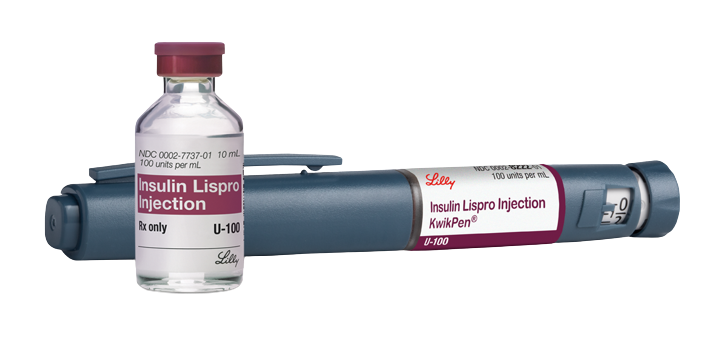
@NovoNordiskLive It would be nice if Novo Nordisk's unbranded insulin strategy in the U.S. wasn't so half-hearted. Why is only a single product in the U.S. unbranded? What's behind that?
@NovoNordiskLive We know according to Novo Nordisk's 2021 annual report that >1 million Americans relied on its unbranded insulins, and yet only a single product is unbranded. That seems half-hearted to me!
@NovoNordiskLive Why not every product in the U.S. being unbranded?
@NovoNordiskLive I know with only 16 minutes remaining that I am unlikely to get a response today. But you can private message me tomorrow. That seems fair.
@NovoNordiskLive So this page came from the Novo Nordisk 2021 Annual Report. Observe the third column in the last bullet point. 

@NovoNordiskLive Curiously, the company's unbranded insulin is just a single product: Insulin Aspart Injection U-100. While it has indeed helped >1 million Americans, since the co perpetuates the rebate-driven price inflation, why not offer unbranded versions of every product you sell?
@NovoNordiskLive This slide came from the full-year 2020 investor presentation, whereby NN says it paying 74% of gross US sales to PBMs as rebates. Sadly few patients actually benefit from those rebates. Hence, the necessity for Novo Nordisk Pharma's unbranded insulin offerings used by >1 mm ppl. 

@NovoNordiskLive NNPI was an effective work-around (developed by rival Eli Lilly & Co) to a dysfunctional drug distribution system, but why stop with a product whose patent protections are now expired?
@NovoNordiskLive As long as your U.S. business unit Novo Nordisk, Inc. continues to perpetuate the rebate problem, NN has an ethical obligation to respond with more products in the NNPI portfolio to ensure more widespread access to patients victimized by the rebate system your company perpetuates
• • •
Missing some Tweet in this thread? You can try to
force a refresh






